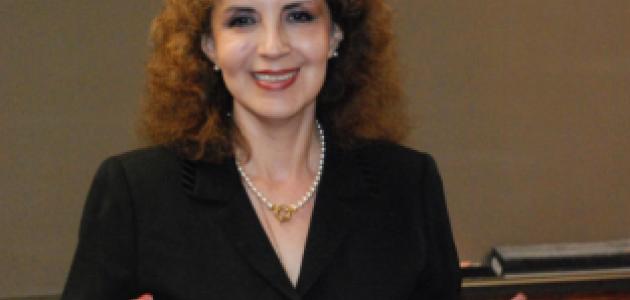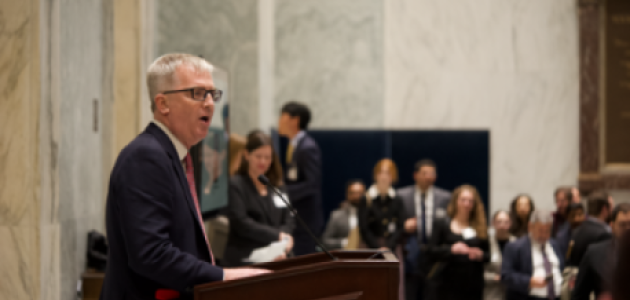
Although much skepticism has been expressed about trying terrorists held by the U.S. government in civilian trials, lessons can be learned from similar trials in Peru and other countries, says Hoover visiting fellow Gabriela Tarazona-Sevillano.
Drawing on her experience as a criminal prosecuting attorney in Peru at the height of the Shining Path activity, Tarazona-Sevillano recently returned to that country to conduct research on the new trials of the militant group’s founder, Abimael Guzman, and other Shining Path leaders.
In a lecture at the Hoover Institution on Wednesday, June 23, Tarazona-Sevillano discussed whether a military or a civilian court would be best suited for terrorist trials, drawing on examples from the recent trials that sent Guzman and others to prison for life and comparative studies of other countries including Spain, France, and Italy. She proposed that the United States might consider creating specialized courts with a panel of judges, instead of a jury, to decide the terrorism cases.
Tarazona-Sevillano is a professor at University of North Carolina-Charlotte. She has authored many articles and books, including “Prisoners of War or Terrorists (Does It Matter?): The Geneva Conventions and Terrorism,” Delta Epsilon Sigma Journal, Sendero Luminoso and the Threat of Narcoterrorism, and “The Organization of the Shining Path” in an edited volume titled The Shining Path of Peru.





















